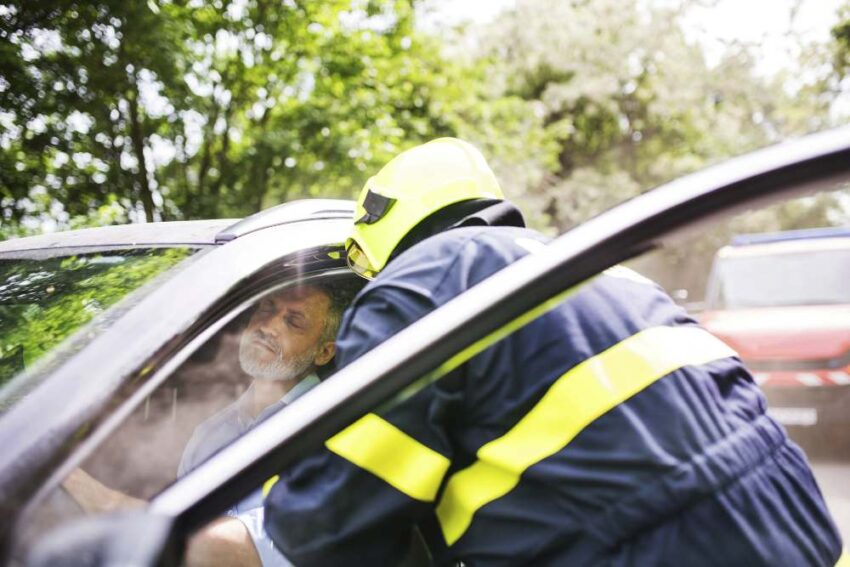Being involved in a car accident is an incredibly stressful experience. In the aftermath, one of the biggest questions is: Who is at fault? Liability dictates how insurance claims will be handled and what compensation may be owed. In Illinois, the fault is based on a legal concept known as negligence.
Negligence in Illinois Car Accidents
According to the Chicago car accident lawyers at TPMB, for a driver to be considered negligent and therefore at fault for an accident, the following conditions must be met:
- Duty of Care: All drivers owe others on the road a duty to operate their vehicles reasonably and safely. Failure to drive attentively and follow traffic laws breaches this duty.
- Breach of Duty: The driver must have breached their duty of care through some negligent action or inaction, such as speeding, running a red light, texting while driving, etc.
- Causation: The driver’s negligent behavior must have directly caused the accident. Their actions resulted in the collision and subsequent injuries/damages.
- Actual Damages: The accident must have led to compensable damages, such as medical expenses, property damage, lost income, etc.
If all four elements are present, the negligent driver will likely be held liable for the accident and resulting damages. More information about negligence can be found on the Illinois Department of Transportation website.
Comparative Negligence in Illinois
Illinois follows a “modified comparative negligence” model regarding liability. This means that fault can be shared between multiple parties involved. As long as a plaintiff (the injured party filing a claim) is less than 50% at fault, they can still recover damages. However, their compensation will be reduced by their percentage of fault.
For example, if a driver was texting (negligent behavior) but another driver ran a red light (also negligent), both would share liability. If the texting driver was deemed 30% at fault and the other 70% at fault, the texting driver could collect 70% of their claimed damages. For details on the comparative negligence laws, refer to the Illinois General Assembly.
Common Negligent Driving Behaviors
Some of the most common forms of driver negligence that can establish liability include:
- Distracted driving (texting, eating, etc.)
- Driving under the influence of alcohol or drugs
- Excessive speeding or aggressive driving
- Failing to obey traffic signals/signs
- Improper turning or lane changes
After an accident, details from the police report, eyewitness accounts, photos/videos, and reconstruction experts are all used to determine if any party exhibited negligent behavior that caused the crash.
The Role of Evidence in Determining Fault
In the aftermath of a car accident, collecting and preserving evidence is crucial in establishing liability. This includes:
- Police Reports: Often the first piece of official documentation, police reports can provide an objective account of the accident scene, including any citations issued.
- Eyewitness Testimonies: Statements from witnesses can offer additional perspectives on how the accident occurred.
- Photographs and Videos: Visual evidence from the scene can help reconstruct the events leading to the accident and highlight any hazardous conditions.
- Expert Testimonies: Accident reconstruction experts can analyze evidence to determine the sequence of events and the actions of each party involved.
Seeking Legal Assistance
Experienced legal guidance is highly advisable when dealing with liability issues after a car accident in Illinois. An attorney can help protect your rights and ensure you receive a fair outcome if the other party was negligent.
Conclusion
Understanding who is at fault in a car accident is crucial for determining liability and securing the compensation you deserve. Illinois’ negligence laws and comparative fault system aim to allocate responsibility fairly among all parties involved. If you find yourself in a car accident, knowing these principles can help you navigate the aftermath more effectively.

